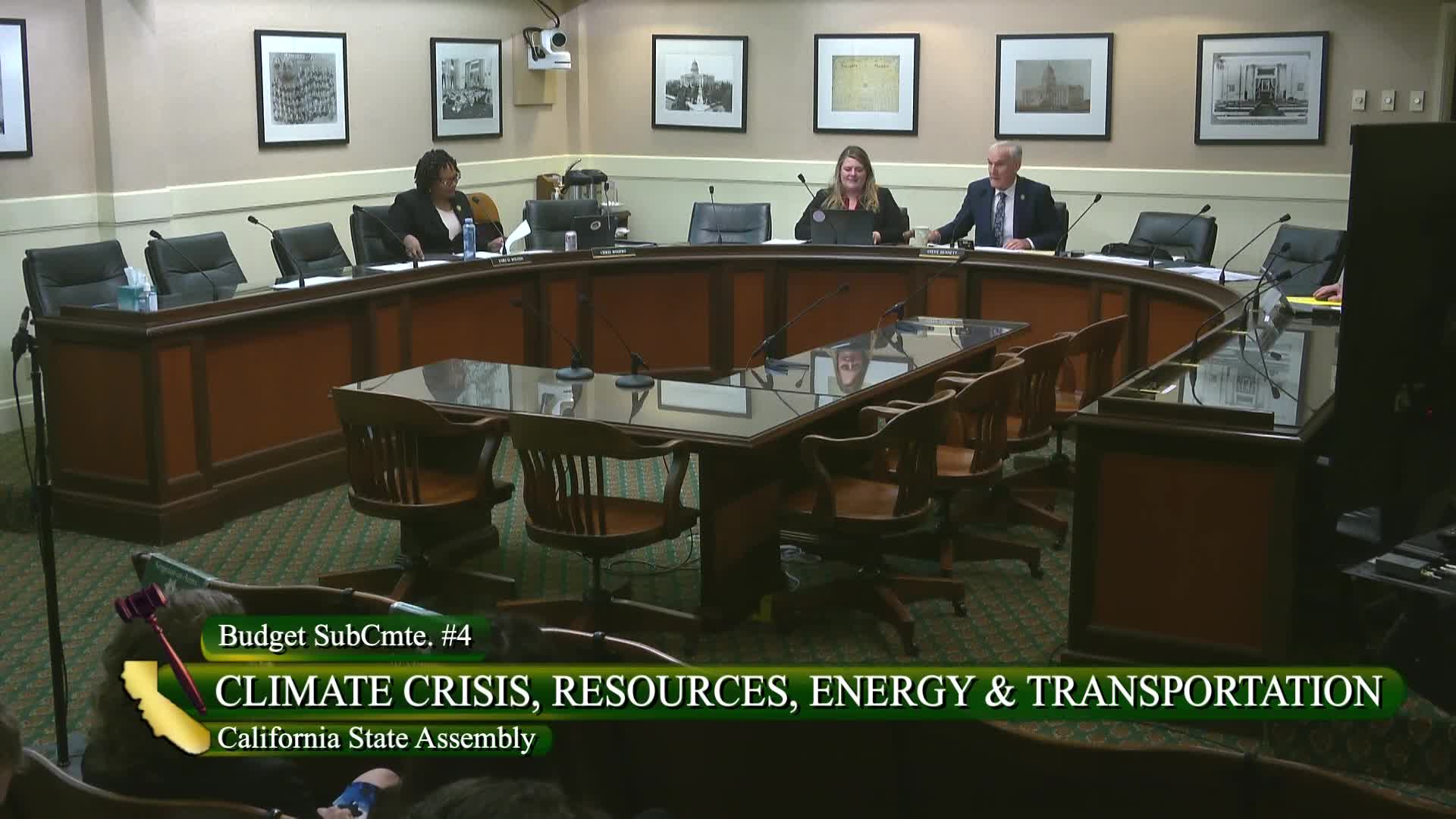Article not found
This article is no longer available. But don't worry—we've gathered other articles that discuss the same topic.
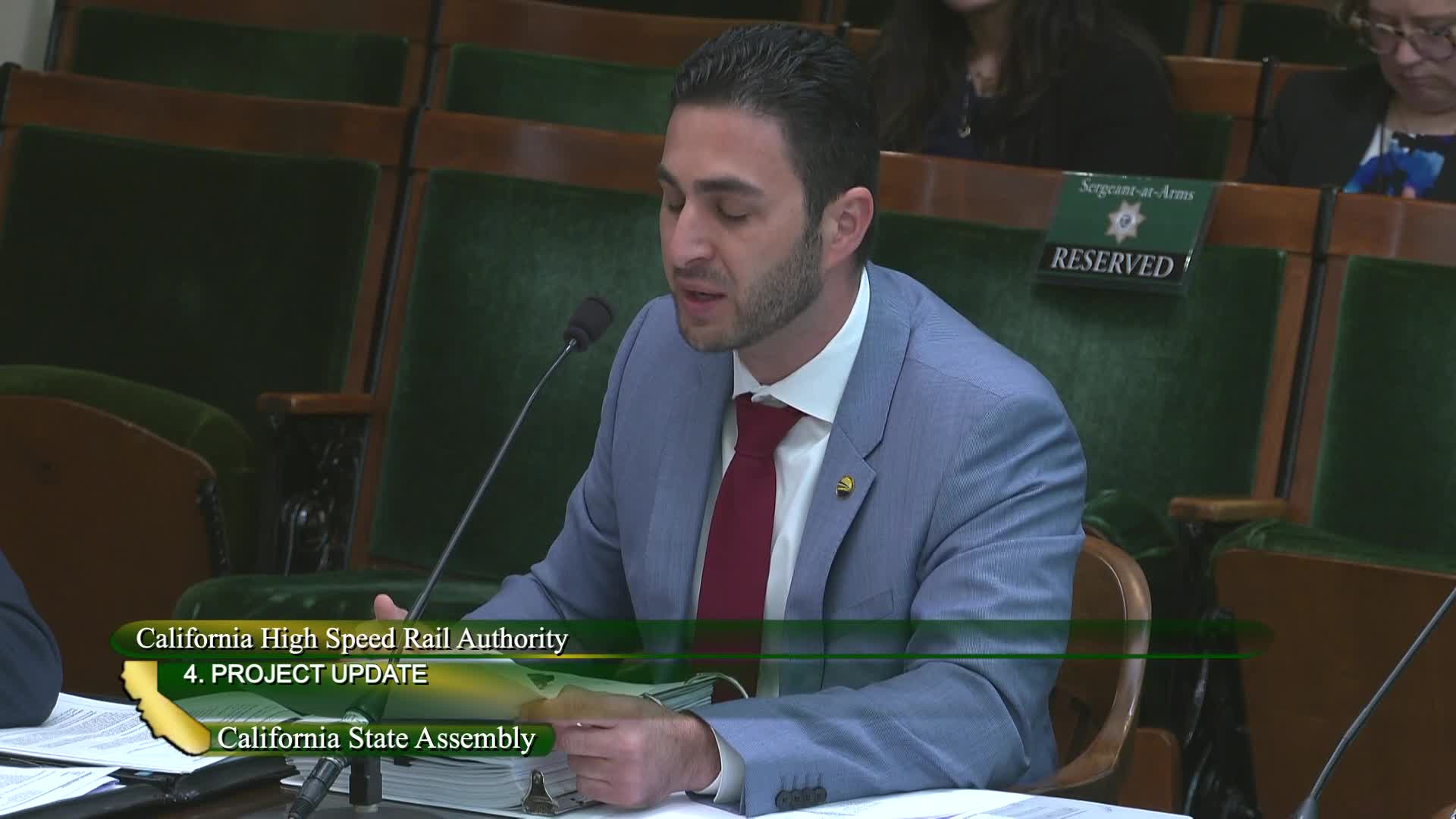
Advocates urge restoration of active‑transportation funding and urgent support for transit amid fiscal shortfalls
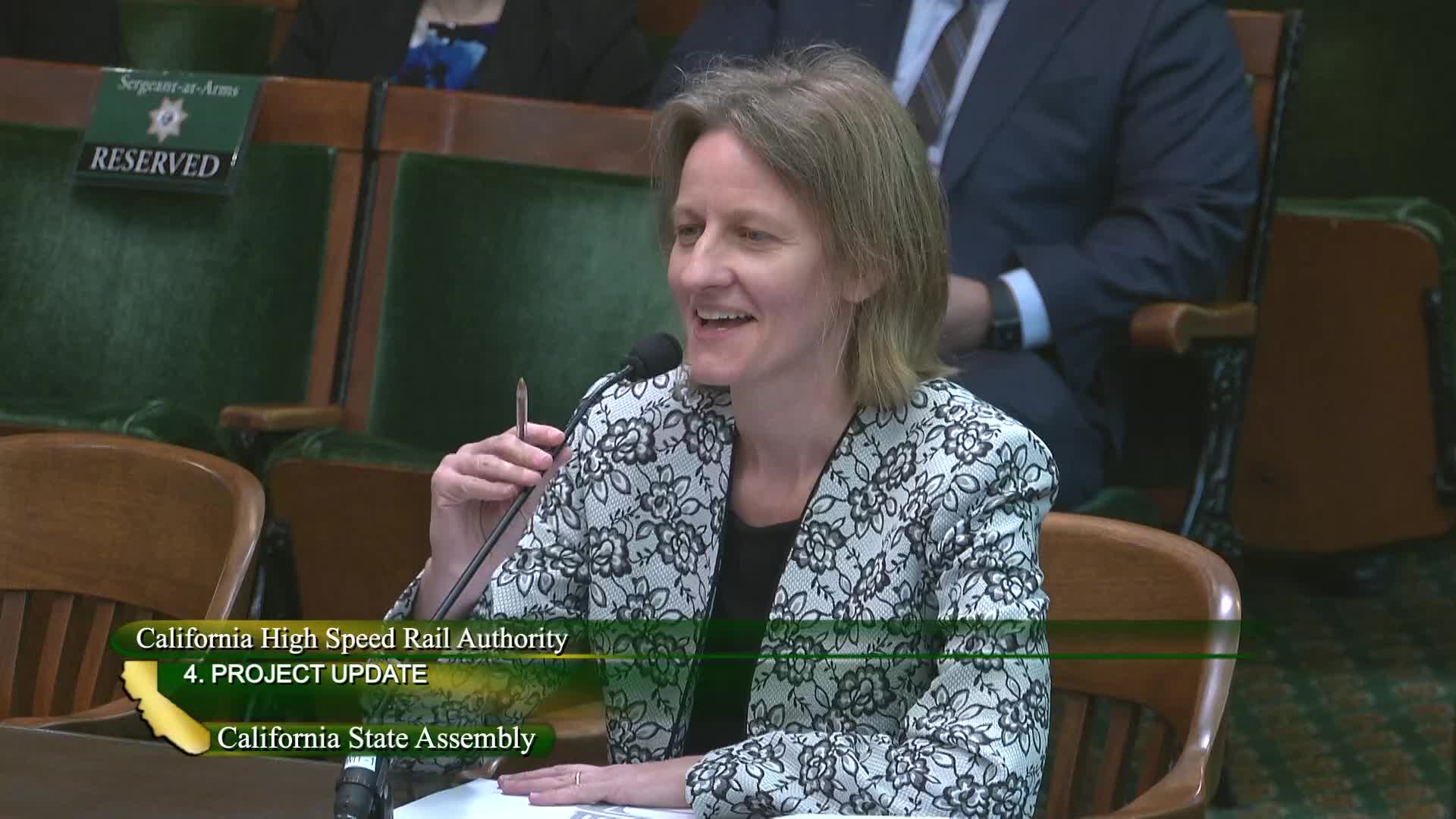
LAO flags $7 billion gap for high‑speed rail; authority promises summer update
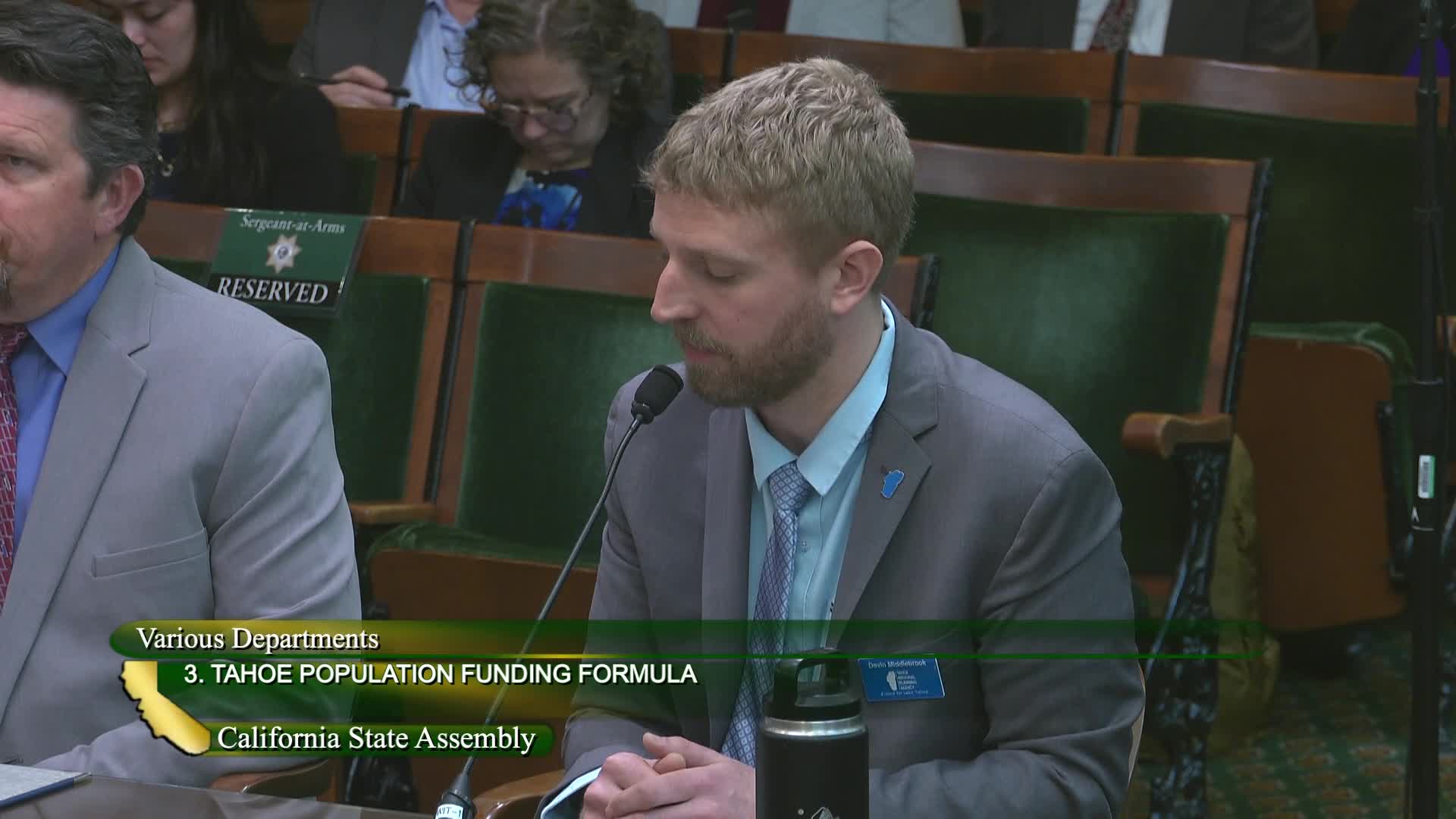
Tahoe Regional Planning Agency asks state to adopt federal population figure for formula funds
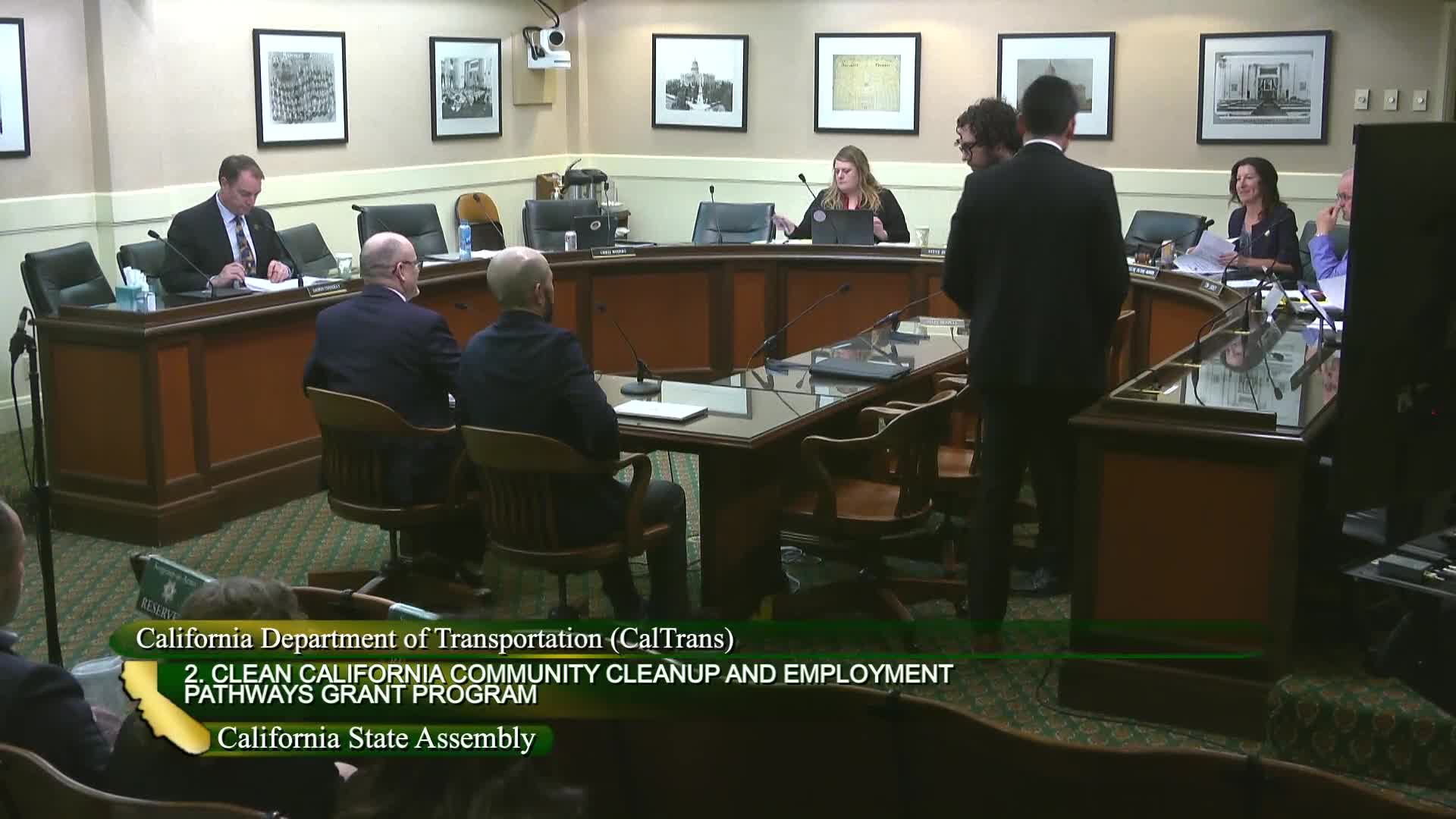
Caltrans seeks $25 million to expand Clean California grants; analysts question using general fund
